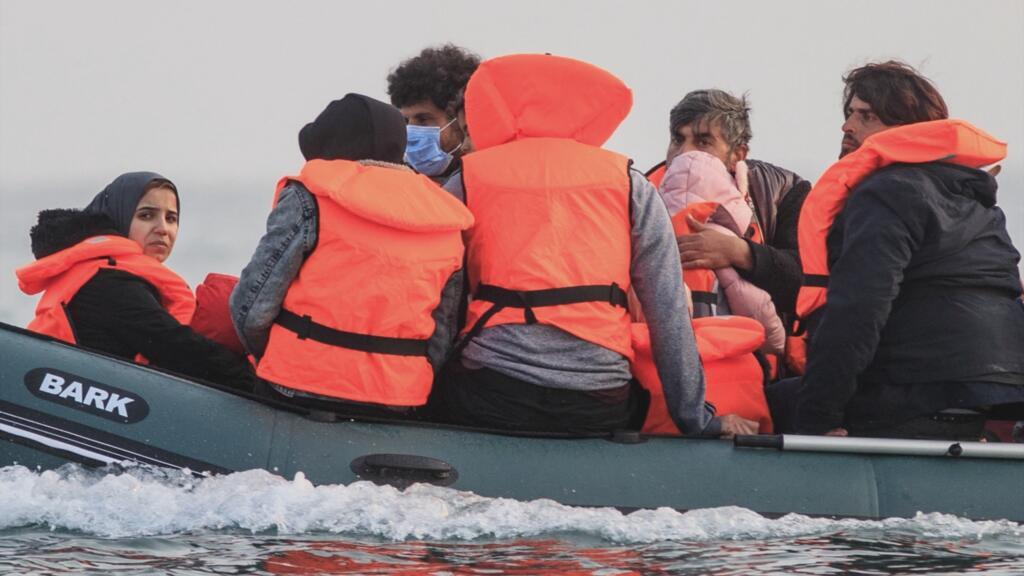The ongoing humanitarian crisis concerning migrants, particularly women and children, attempting the dangerous journey from France to the United Kingdom has emerged as a significant issue, reshaping the political landscape in Britain. As the number of migrants arriving on the UK’s southern coastline reaches unprecedented levels, this situation has drawn mounting attention and concern from both the public and policymakers.
Recent statistics reveal a sharp increase in the number of individuals risking their lives to cross the English Channel, often in overcrowded and unseaworthy small boats. Reports indicate that thousands have made the harrowing journey in the past year alone, highlighting the urgency and severity of the crisis. This influx has necessitated a re-examination of migration policies between the UK and France, raising pressing questions about human rights, public safety, and national sovereignty.
In response to this escalating crisis, the governments of Britain and France have reached a bilateral agreement aimed at curbing the increasing number of migrants making the perilous crossing. Under the terms of this new deal, the UK has committed to accepting a certain number of asylum seekers while also agreeing to return others to France. This arrangement is intended to alleviate the immediate pressures on Britain's immigration system and address concerns among the British public regarding the influx of migrants.
The deal signifies a critical juncture in UK-France relations, with both nations acknowledging the necessity of collaboration to manage the complex issue of migration effectively. By establishing a framework for the processing of asylum claims, the agreement seeks to ensure a more organized approach to handling the migrants arriving on British shores. However, it also raises concerns about the treatment of those returned to France and the adequacy of the support and resources provided in their home countries.
Among the migrants at the forefront of this crisis are vulnerable women and children, who often face heightened risks during their journeys. Many are fleeing war, persecution, and poverty, seeking safety and a better quality of life in the UK. The challenges they encounter not only during the crossing but also upon arrival in Britain highlight the need for comprehensive and compassionate immigration policies that consider the unique circumstances faced by these vulnerable groups.
The rising number of crossings has prompted discussions about potential solutions beyond the immediate agreement reached by the two governments. Humanitarian groups and advocacy organizations continue to call for increased support for migrant rights, improved living conditions in migrant camps, and more robust legal pathways for asylum seekers. The situation remains fluid, as ongoing geopolitical tensions, economic disparities, and migration trends complicate efforts to find lasting resolutions.
In summary, the plight of migrants from France to the UK, particularly women and children, underscores the challenges of contemporary migration policy and international cooperation. The recent deal between the UK and France marks a significant step in addressing the issue, yet it raises critical questions about human rights and the responsibilities of nations in providing assistance to those fleeing desperate situations. As the situation evolves, it will be essential for all stakeholders to remain engaged and work collaboratively towards sustainable solutions that prioritize humanitarian considerations and the dignity of all individuals involved.












